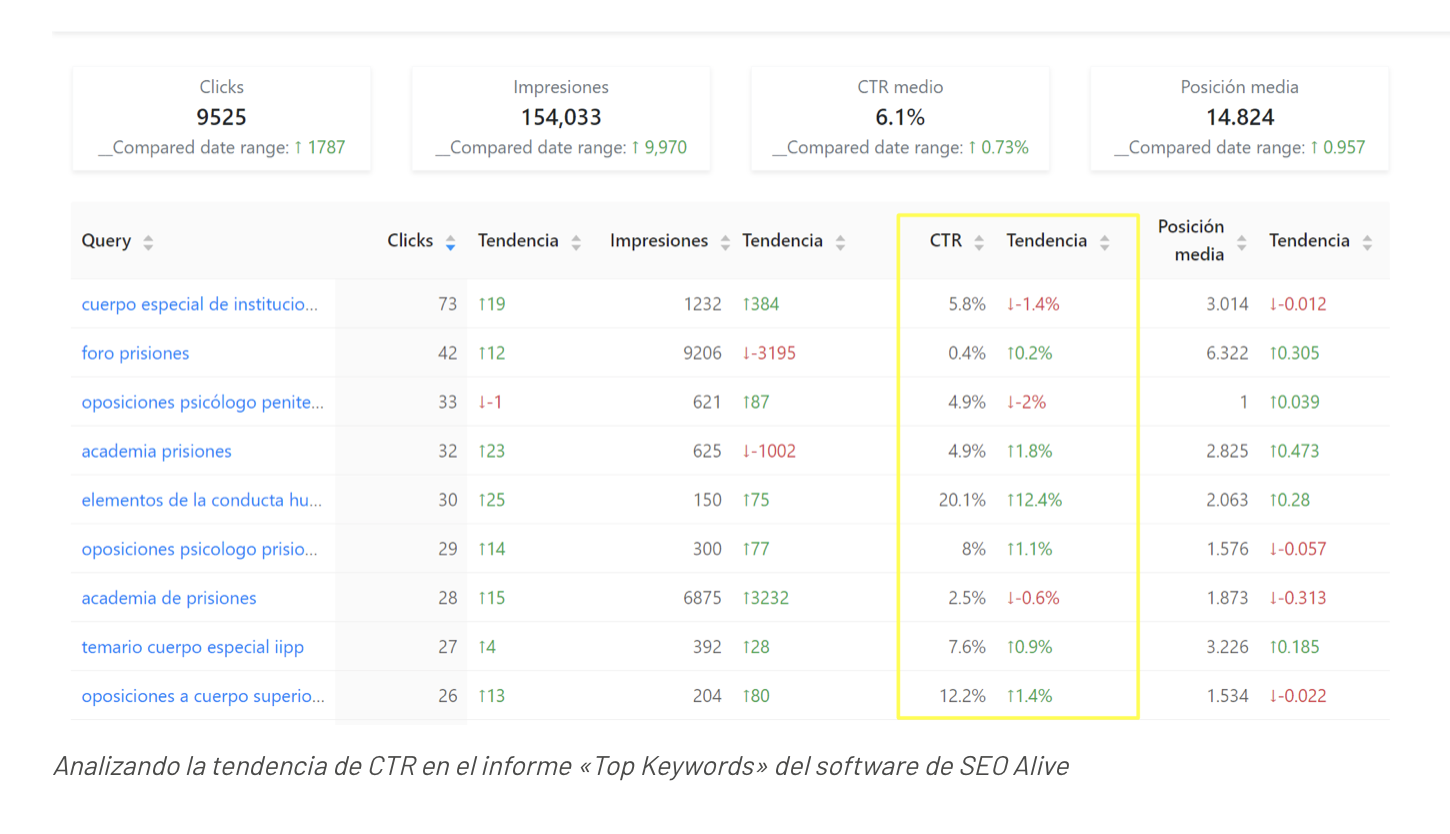Analyzing title tags and meta descriptions in Google search results is a crucial aspect of search engine optimization (SEO). Both the title tag and meta description play a significant role in attracting users to click on your page. Here's how you can analyze and optimize them:

Analyzing Title Tags:
- Relevance:
- Ensure that the title accurately reflects the content of the page.
- Identify the primary keyword or key phrase for the page and include it in the title.
- Length:
- Keep the title tag within the recommended length, typically around 50-60 characters.
- Google may truncate longer titles in the search results, potentially affecting click-through rates.
- Engagement:
- Craft a compelling and attention-grabbing title that encourages users to click.
- Use action words, power words, or numbers to make the title more appealing.
- Uniqueness:
- Ensure that each page on your website has a unique title to avoid confusion and improve search engine understanding.
- Branding:
- If applicable, include your brand name in the title to enhance brand recognition.
- Hierarchy:
- Consider the hierarchy of information in the title. Place the most important keywords or information near the beginning.
Analyzing Meta Descriptions:
- Relevance:
- Similar to the title, make sure the meta description accurately describes the content of the page.
- Include relevant keywords to reinforce the page's context.
- Length:
- Keep the meta description concise, usually between 150-160 characters.
- Google may truncate longer descriptions, affecting how they appear in search results.
- Engagement:
- Write a compelling and persuasive meta description that encourages users to click.
- Highlight unique selling points, benefits, or key information that sets your page apart.
- Call-to-Action (CTA):
- Include a clear call-to-action to prompt users to take the desired action (e.g., "Learn more," "Shop now," "Get started").
- Snippet Preview:
- Use tools like Yoast SEO or other SEO plugins to preview how your title and meta description will appear in search results.
- Ensure that the most important information is visible and engaging.
- Uniqueness:
- Avoid using the same meta description for multiple pages. Each page should have a unique and tailored description.
Additional Tips:
- Monitor Performance:
- Use tools like Google Search Console to analyze the performance of your titles and meta descriptions, including click-through rates.
- Testing:
- Conduct A/B testing to experiment with different titles and descriptions to see which ones perform better.
- Stay Updated:
- Keep up with Google's guidelines and algorithm updates to ensure your title and meta description practices align with current best practices.
By paying attention to the relevance, length, engagement, uniqueness, and other factors mentioned above, you can optimize your title tags and meta descriptions to improve the visibility and click-through rates of your pages in Google search results.
